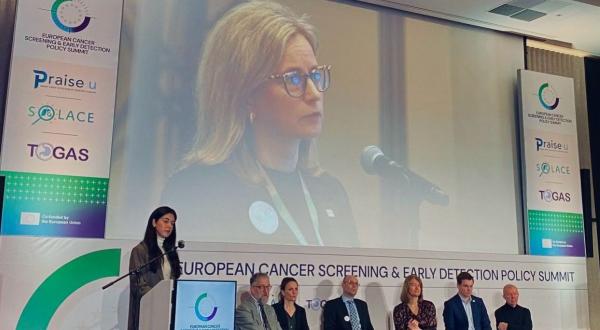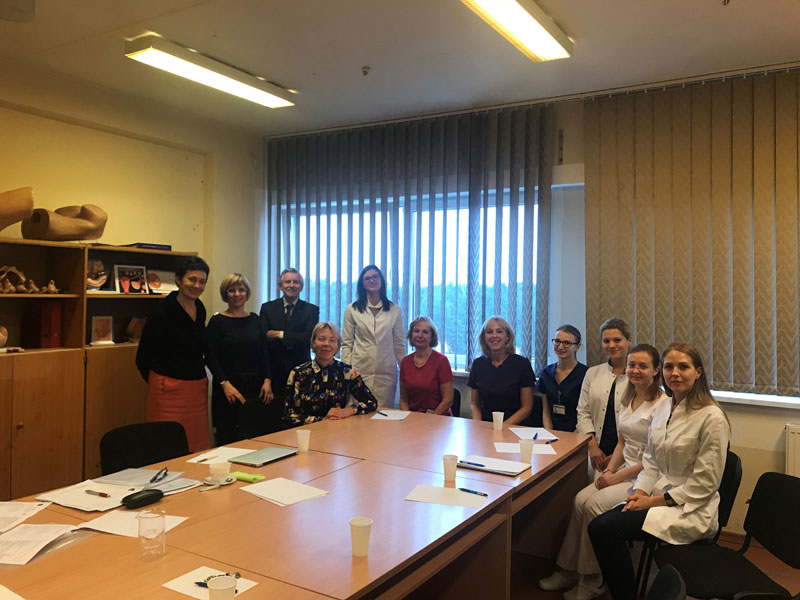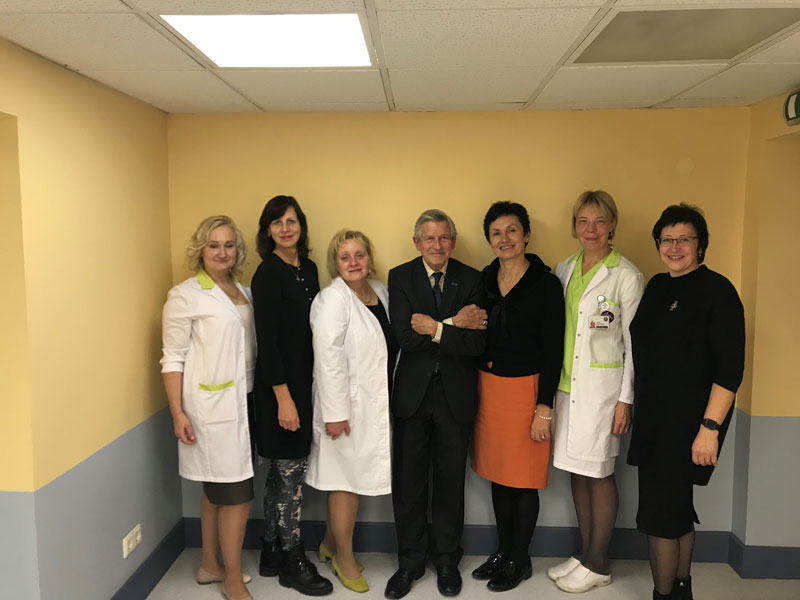International accreditation of RSU Obstetrics and Gynaecology residency programme
The residency programme Gynaecologist, childbirth specialist implemented by the Rīga Stradiņš University (RSU) Faculty of Continuing Education has received international accreditation.
With the aim of improving the training of prospective gynaecologists and ensure equal healthcare quality to women in EU Member States through the introduction of high academic standards, the European Board & College of Obstetrics and Gynaecology (EBCOG) has approved recommendations for the principal speciality and sub-specialities for residency programmes and undertakes quality surveillance of their implementation. One of the quality surveillance tools is via visits and accreditation of training hospitals to meet the EBCOG standards in different European countries.
As the RSU residency programme “Gynaecologist, childbirth specialist” is based on EBCOG principles, at the end of last year we had requested an external audit of the programme. A working visit to RSU was paid by three experts of the EBCOG hospital evaluation commission: prof. Y. Vladimirov from the United Kingdom, prof. R. Nadišauskiene from Lithuania and A.Aabakke from the Netherlands, who represents the European Network of Trainees in Obstetrics and Gynaecology (ENTOG).
During the accreditation visit, the experts audited the structure and processes of the theoretical and practical training of residents, devoting special attention to the conducting of interviews at the training facilities: Riga Maternity Hospital, Pauls Stradiņš Clinical University Hospital and Riga East Clinical University Hospital. The accreditation process was creative and supportive, involving residents, lecturers and practitioners in discussing the possible options for making the training process more engaging.
The experts have given a positive assessment of the residency programme implemented by RSU and has accredited the programme for the maximum possible term of three years.
Related news
 RSU Professor Maija Radziņa represents Latvia at EU cancer screening summitResearch, International Cooperation
RSU Professor Maija Radziņa represents Latvia at EU cancer screening summitResearch, International Cooperation




